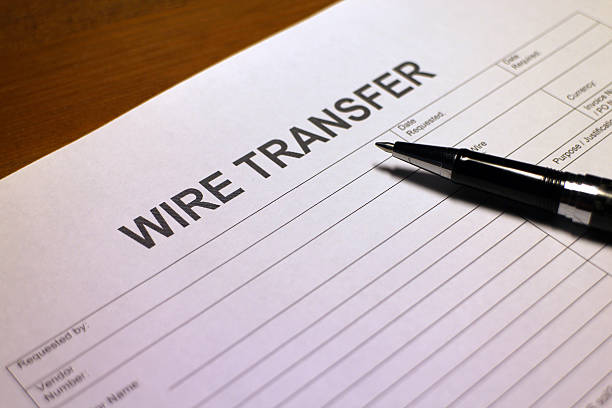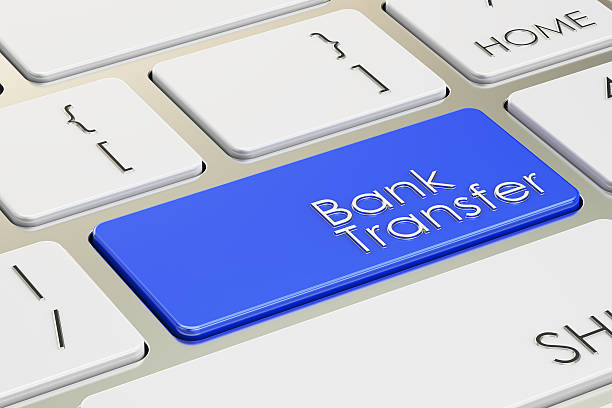An account number is a unique identifier assigned to an individual's or entity's financial account. It plays a vital role in ensuring that funds are directed accurately to the intended recipient during transactions. Account numbers are not arbitrary; they are specific to each account and help financial institutions verify the legitimacy of transfers.
The Legal and Ethical Ramifications
Using someone else's account number to receive funds is not just ethically questionable; it's also illegal. Here are some reasons why:
Fraudulent Activity: Utilizing someone else's account number with the intention to receive funds is classified as fraud. Engaging in fraudulent activities can lead to criminal charges, substantial fines, and even imprisonment.
Civil Liability: If you receive funds through unauthorized means, you can be held responsible for returning the money. This can lead to legal disputes, civil lawsuits, and financial obligations.
Financial Institution Actions: Financial institutions have strict measures in place to detect suspicious transactions and prevent fraudulent activities. If they identify unauthorized use of an account number, they can freeze the account, close it, or report the incident to legal authorities.
Reputation Damage: Engaging in fraudulent behavior not only jeopardizes your legal standing but also damages your reputation. Word travels fast, especially in the digital age, and being associated with fraud can have far-reaching consequences.
Long-Term Financial Impact: Fraudulent activities can negatively affect your credit score, making it difficult to secure loans, mortgages, or credit cards in the future. This impact can persist for years.
Exploring Ethical Alternatives
If you're facing financial difficulties, it's important to consider ethical alternatives rather than resorting to illegal practices:
Open Communication: If you're in need, talk to friends, family, or relevant social services. There are often support systems in place to help individuals facing financial challenges.
Personal Loans: Consider applying for a legitimate personal loan from a reputable financial institution. This is a lawful way to access funds when needed.
Government Assistance: Depending on your circumstances, you may be eligible for government assistance programs that provide financial aid to those in need.
Conclusion
Using someone else's account number to receive funds might appear as a quick solution, but the legal, ethical, and personal repercussions far outweigh any potential benefits. Instead of resorting to fraudulent activities, explore legitimate and ethical avenues to address your financial needs. Upholding your integrity, respecting the rights of others, and complying with the law are essential principles to guide your actions in the digital age.
Frequently asked questions (FAQs) about routing numbers and account numbers, as well as how to change or update a bank routing number




